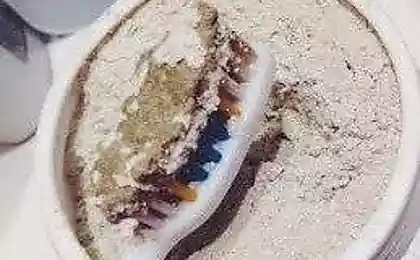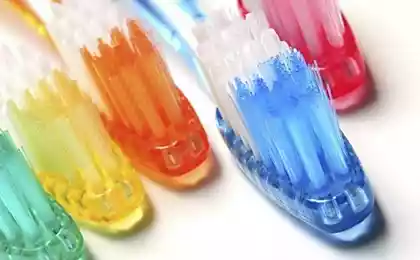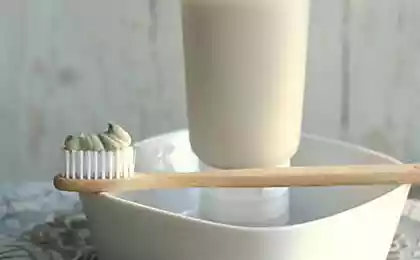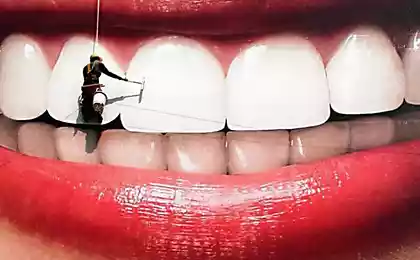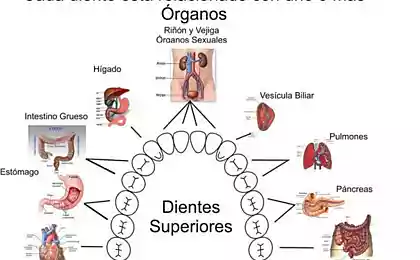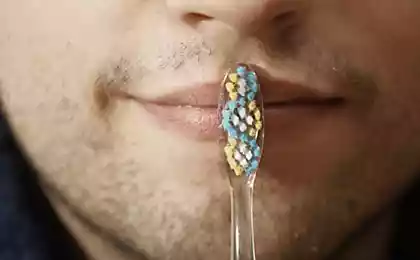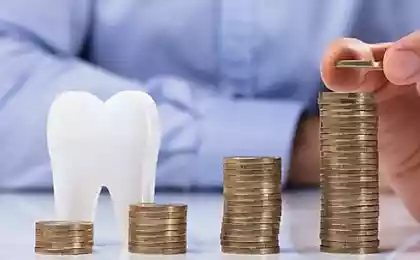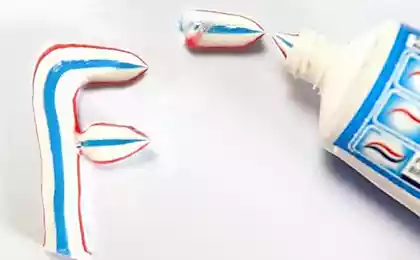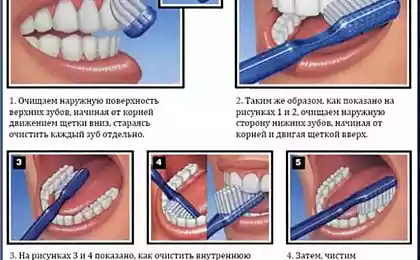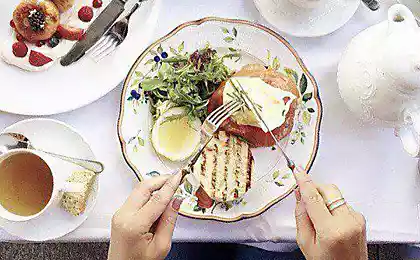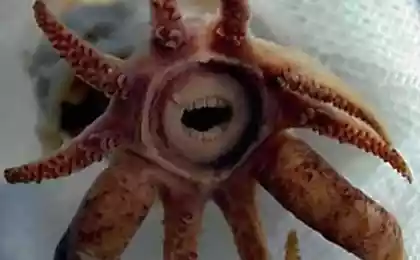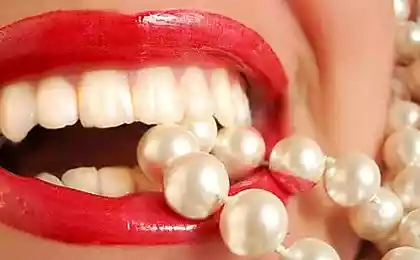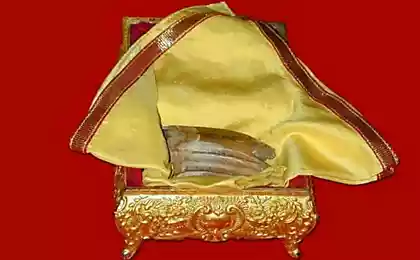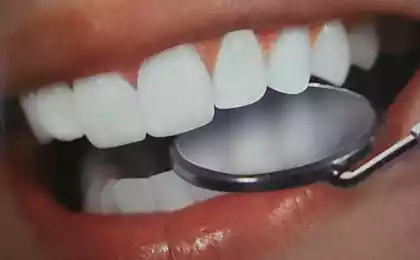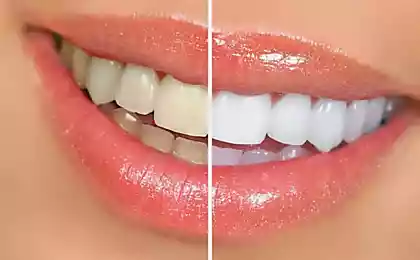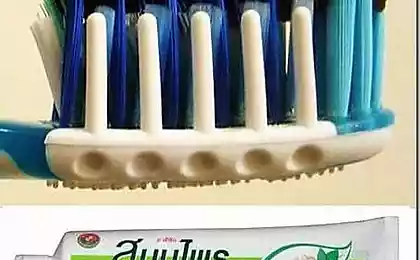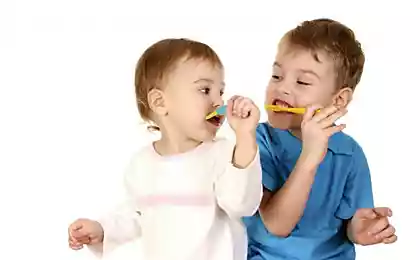813
Dentists were asked how to brush their teeth, and that's what they told
Brushing teeth - a daily ritual, which we "know everything" ... and do not know much. Especially easy to get confused when so many different circle of advisers, and the Internet is teeming with recipes vseznaek.
Website helps you to understand what is good and what is bad for the teeth: before you answer the main question on the basis of fresh scientific data.
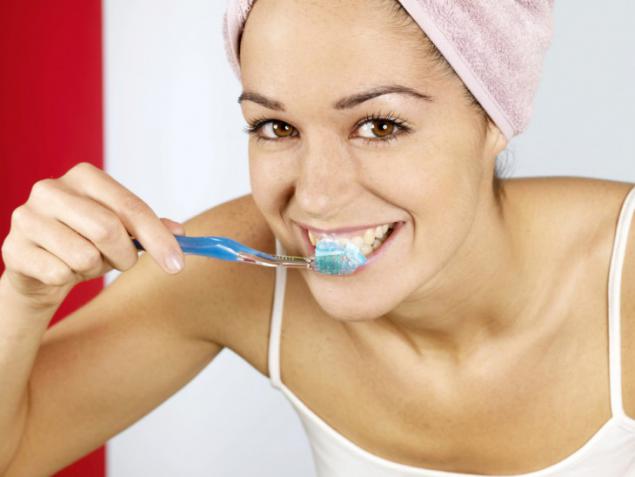
Why brush your teeth? h2> To get rid of plaque - the sticky film of bacteria that grows on the surface. Some products of their metabolism cause irritation and gum disease, in addition, these microorganisms processed sugar acid which erodes tooth enamel. Finally, a substance secreted by them smell bad.
What better to brush - conventional or electric? h2> Many believe that electro invented for lazy people. Perhaps so, but here are the results of three studies of British dentists: electric cleaning removes 21% more plaque and reduced gingivitis by 11% more than a simple cleaning brush.
How many times and when you need to brush your teeth? h2> At least twice a day (both children and adults) - certainly before bedtime and in the morning, the only question is, before or after breakfast? It depends on what you have for breakfast, said the director of the Dental Institute at King's College London. If fruit juice or fresh fruit, you can not brush your teeth immediately after: fruit acid softens the enamel, and you run the risk of "clean up" the nutrients from it.
How much time should take a cleaning? h2> The most common "rule" - 2 minutes. But really, it's just the average period for which the majority of people are able to thoroughly clean the teeth. So be guided by your own pace and technique: you may have enough, and 1, 5 minutes, and some require all 5.
What pasta is best? h2> The most important thing in the paste - fluoride (fluoride), which prevents tooth decay. As a result of meals enamel and then loses and replenishes minerals and need to participate in filling fluorides. Therefore, when choosing paste see concentration of fluoride in the composition: should be less than 1350 and not more than 1500 ppm (abbreviated parts per million - «ppm»). The same number can be indicated as a percentage: 0, 13 - 0, 15%.
Do I need a mouthwash? h2> If you follow the rules, and brush your teeth two or three times a day, no you do not need a conditioner. Also, many are needlessly rinse immediately after brushing your teeth: their health, this procedure is completely useless!
What about flossing? h2> The raid is going to not only the surface of the teeth, but also in the interdental spaces, , and it is difficult to clean the brush, so you will need a thread (or special interdental brushes ). If you do not pay attention to interdental spaces, then you run the risk of gum disease. One of his earliest signs - blood while cleaning (though more often it appears simply by assiduous friction).
Is it good for the teeth gum? h2> Most likely yes, if it is sugar-free and contains xylitol. First, chewing gum stimulates saliva production, which does not allow acid to destroy tooth enamel. Second, it removes the teeth from leftovers. And, thirdly, xylitol - a low-calorie sugar substitute - "like" more bacteria than sugar, which means that they produce from it less harmful for teeth acids.
Do I need to clean the tongue? h2> Think carefully (or consult your physician), whether it is right for you? General rules on this point, and different experts give different advice. < br />
How often should I visit the dentist? h2> From the dentists themselves, you probably heard that you need to come for a visit every six months. But, frankly, in many cases, it is more necessary for them than you. I do not find you have no problems, they will offer some "necessary" procedures, such as professional cleaning, and it is not cheap.
Website helps you to understand what is good and what is bad for the teeth: before you answer the main question on the basis of fresh scientific data.

